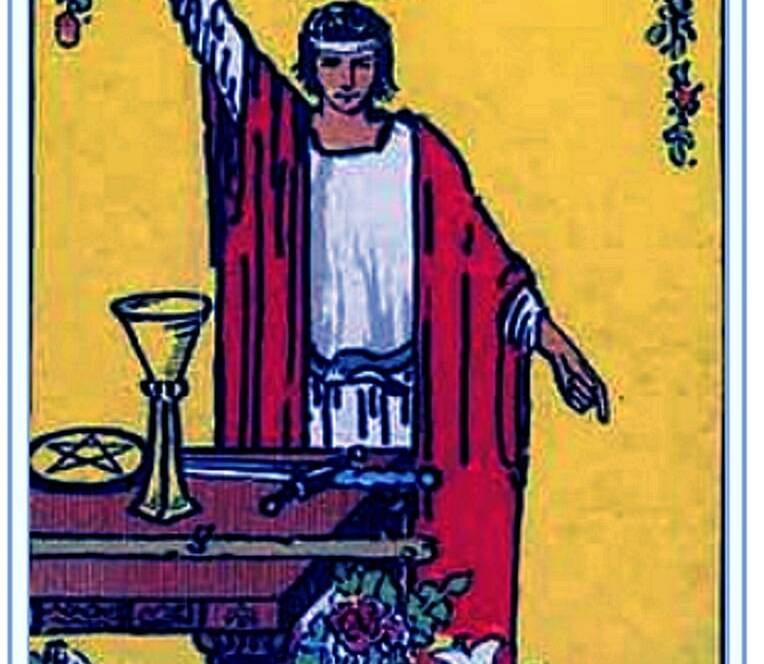In an age where uncertainty often overshadows clarity, tarot readings have surged in popularity as a tool for introspection and guidance. From bustling city corners to the quiet corners of social media, professional tarot readers offer insights into love, career, health, and life’s pivotal decisions. Yet, a common question lingers: Should you believe in a tarot reading? The answer isn’t black and white—it hinges on the synergy between the seeker, the cards, and the reader’s expertise. Let’s explore the world of tarot, its connection to the subconscious mind, and how to discern a genuine reading from a superficial one.
The Global Appeal of Tarot Readings
With their intricate symbolism and ancient roots, tarot cards have transcended cultural boundaries. Today, millions worldwide consult tarot readers daily, seeking answers to deeply personal questions. Platforms like Instagram, YouTube, and Etsy have democratized access, allowing anyone with a deck to brand themselves as a “professional tarot reader.” But this accessibility comes with a caveat: not every reading resonates.
The allure lies in the tarot’s versatility. A single spread can address diverse themes—romantic prospects, career shifts, or spiritual growth. For many, it’s less about predicting the future and more about uncovering hidden emotions or patterns. Yet, the line between meaningful insight and vague generality often blurs, leaving seekers wondering, Was this reading accurate?
Love, Career, and Life Decisions: Why We Turn to Tarot
Most tarot sessions revolve around universal human concerns:
– Love Readings: “Does my partner truly care?”
– Career Crossroads: “Should I take this job offer?”
– Health and Wellness: “What’s blocking my energy?”
– Major Decisions: “Is this move right for me?”
These questions stem from a desire for control in an unpredictable world. Tarot acts as a mirror, reflecting subconscious fears, hopes, and truths we may avoid confronting. However, the cards don’t hold fixed answers—they offer perspectives. The real magic happens when a skilled interpreter translates these symbols into actionable wisdom.
Post-Reading Confusion: Why Doubts Creep In?
It’s not uncommon to leave a reading feeling more perplexed than enlightened. A spread might suggest reconciliation with an ex, yet your gut insists otherwise. A career reading may highlight creativity, leaving you unsure how to apply it. This dissonance often arises from two factors:
1. The Reader’s Expertise: Not all tarot readers possess the depth to channel messages effectively. A novice might regurgitate generic interpretations, missing the nuances of your unique situation.
2. Your Subconscious Resistance: Tarot works by tapping into your hidden thoughts. If you’re emotionally guarded or skeptical, the messages may feel alien.
How Tarot Connects with the Subconscious Mind
Tarot isn’t a cosmic crystal ball—it’s a psychological tool. The cards’ imagery triggers associations in your subconscious, revealing inner conflicts or desires you’ve overlooked. For instance, drawing the “Two of Cups” in a love reading might highlight a yearning for partnership, while the “Tower” could signal an impending emotional upheaval you’ve been denying.
A professional tarot reader acts as a mediator, decoding these symbols in ways that align with your energy. This requires more than memorizing card meanings; it demands empathy, intuition, and spiritual balance.
Choosing the Right Tarot Reader: Beyond Social Media Hype
With countless readers available, finding the right match is crucial. Here’s what to prioritize:
- Spiritual Grounding: A reader attuned to their intuition can better navigate your emotional landscape.
- Professionalism: Look for consistency, ethical practices, and transparent communication.
- Psychic Sensitivity: The best readers “feel” your energy, tailoring interpretations to your vibrational frequency.
Beware of social media tarot readers who prioritize aesthetics over substance. A 30-second TikTok reading might entertain, but it rarely addresses complex life themes. Authentic guidance requires time, focus, and a sacred exchange of energy.
Why Not Every Tarot Reader Is Right for You?
Just as therapists specialize in different areas, tarot readers have unique strengths. One might excel in relationship dynamics, while another shines in career coaching. If a reading feels off, it doesn’t mean the tarot itself is flawed—it might signal a mismatch with the reader’s style or expertise.
Additionally, ethical readers avoid fear-mongering or dependency. They empower you to take charge of your destiny, not bind you to fatalistic predictions.
Trusting the Process: When to Believe?
Believing in a tarot reading isn’t about blind faith; it’s about resonance. A meaningful session will:
- Evoke “Aha!” Moments: The messages click with your inner truth.
- Offer Clarity, Not Certainty: It highlights paths, not predetermined outcomes.
- Leave You Empowered: You feel equipped to make informed choices.
If a reading meets these criteria, it’s worth trusting—not as an infallible prophecy, but as a compass for self-discovery.
Ready for a Truly Personalised Tarot Experience?
If generic social media readings have left you doubting, it’s time to try a different approach. At Mindfull Tarot.com, our professional tarot readers blend spiritual wisdom, psychological insight, and psychic sensitivity to deliver readings that resonate deeply. Whether you’re navigating love, career challenges, or existential questions, we prioritize your unique journey.
✨ Claim Your Personalized Reading Today ✨
Visit [MindfullTarot.com] to connect with a reader who truly understands. Your subconscious holds the answers—let us help you uncover them.
In the end, tarot’s value lies not in predicting tomorrow but in illuminating today. With the right guide, the cards become a transformative tool for growth. So, should you believe in a tarot reading? If it sparks clarity, introspection, and empowerment—the answer is yours to decide.



